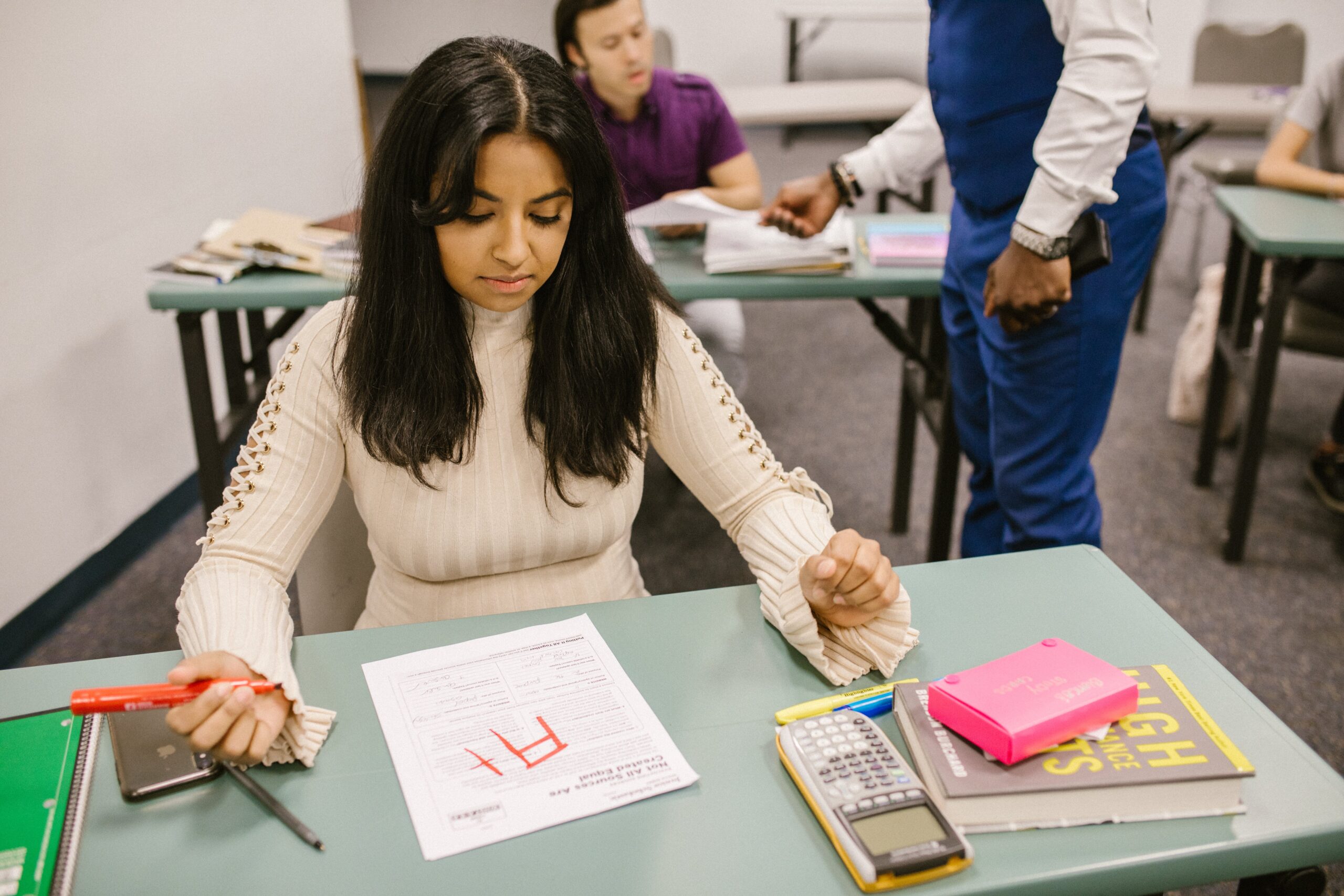Education, the cornerstone of societal progress, has long been the bedrock upon which we build our aspirations and shape the future. Yet, as we journey through the landscape of learning, it becomes evident that our education system carries its fair share of shortcomings.
In this exploration, we take a simple look at these challenges, seeking to understand the gaps and envision a more inclusive and effective educational paradigm.
1. Rigid Standardization
One of the most apparent shortcomings is the rigidity of standardization within our education system. The cookie-cutter approach, where every student is expected to fit the same mold, neglects the diverse ways in which individuals learn. We’re not all cut from the same cloth, and our education system should reflect and celebrate our unique strengths, interests, and learning styles.
2. Memorization Over Understanding
The emphasis on memorization as a measure of academic success is another stumbling block. Instead of fostering a deep understanding of subjects, students are often encouraged to rote memorize information for exams. This approach does little to cultivate critical thinking skills, leaving graduates ill-equipped to navigate the complexities of the real world.
3. Lack of Practical Life Skills
As students embark on their educational journey, there’s a noticeable gap in imparting practical life skills. From financial literacy to problem-solving and effective communication, the skills needed to navigate the challenges of adulthood are often overlooked. A holistic education should prepare individuals not just academically but also for the practicalities of daily life.
4. Inequality in Access
Access to quality education is a privilege that not all can afford. Socio-economic disparities create a stark divide, with some students benefiting from well-funded schools, advanced resources, and extracurricular opportunities, while others face limitations that hinder their full potential. Bridging this gap is fundamental to building a fair and inclusive education system.
5. Limited Emphasis on Creativity
Creativity, a driving force behind innovation, often takes a back seat in our education system. The pressure to conform to standardized tests and rigid curricula can stifle the creative spirit. Nurturing creativity should be a central tenet of education, encouraging students to think outside the box and explore their unique imaginative capacities.
6. Technology Integration Challenges
In an era dominated by technology, integrating it seamlessly into education has proven challenging. While some schools embrace digital tools and online resources, others struggle with outdated infrastructure and limited access to technology. Bridging this technological divide is essential to ensure that all students can harness the benefits of the digital age.
7. Teacher-centric Approach
The traditional teacher-centric approach, where knowledge flows predominantly in one direction, is another shortcoming. Shifting towards a more student-centric model, where educators act as facilitators, can enhance engagement and empower students to take an active role in their learning journey.
8. Assessment-centric Culture
An assessment-centric culture prevails, where success is often measured solely by grades and standardized test scores. This can create an environment that prioritizes memorization for exams rather than a genuine passion for learning. A more comprehensive evaluation system should encompass various forms of assessment, recognizing diverse talents and achievements.
9. Limited Focus on Emotional Well-being
The emotional well-being of students is a crucial yet often neglected aspect of our education system. Pressures related to academic performance and societal expectations can take a toll on mental health. Introducing programs that address emotional well-being and provide support for mental health challenges is integral to fostering a nurturing educational environment.
10. Lack of Career Readiness
Preparing students for the workforce is a vital goal, but our education system often falls short in this regard. A more pronounced focus on practical skills, vocational training, and real-world applications of knowledge can better equip students for the diverse career paths they may pursue.
11. Absence of Cultural and Global Perspectives
In a world that is increasingly interconnected, the absence of cultural and global perspectives in education is a notable gap. Incorporating diverse viewpoints, histories, and global awareness into the curriculum enhances students’ understanding of the world and fosters a sense of global citizenship.
12. Limited Parental Involvement
Engaging parents in the educational journey of their children is a challenge. Building stronger partnerships between educators and parents can contribute significantly to a child’s academic success and overall well-being. Encouraging active involvement, communication, and collaboration can create a more supportive educational ecosystem.
13. Inadequate Professional Development for Teachers
Teachers, the architects of the learning experience, often face challenges related to inadequate professional development opportunities. Ongoing training, mentorship programs, and support for educators are essential components of a thriving education system.
14. The Need for Continuous Adaptation
The world is evolving at an unprecedented pace, and our education system must keep pace with these changes. A more adaptable and flexible approach is needed to ensure that students graduate with the skills required to navigate the complexities of the ever-changing landscape.
15. Conclusion: Towards a More Inclusive Future
In conclusion, a simple look at the education system’s shortcomings reveals a landscape in need of transformation. Addressing these challenges requires a collective effort from educators, policymakers, parents, and society at large.
By fostering an inclusive, adaptive, and holistic approach to education, we can pave the way for a future where every individual has the opportunity to thrive, learn, and contribute meaningfully to the world. It’s time to embark on a journey of introspection and innovation, reshaping education into a dynamic force that prepares students not just for exams but for life.




